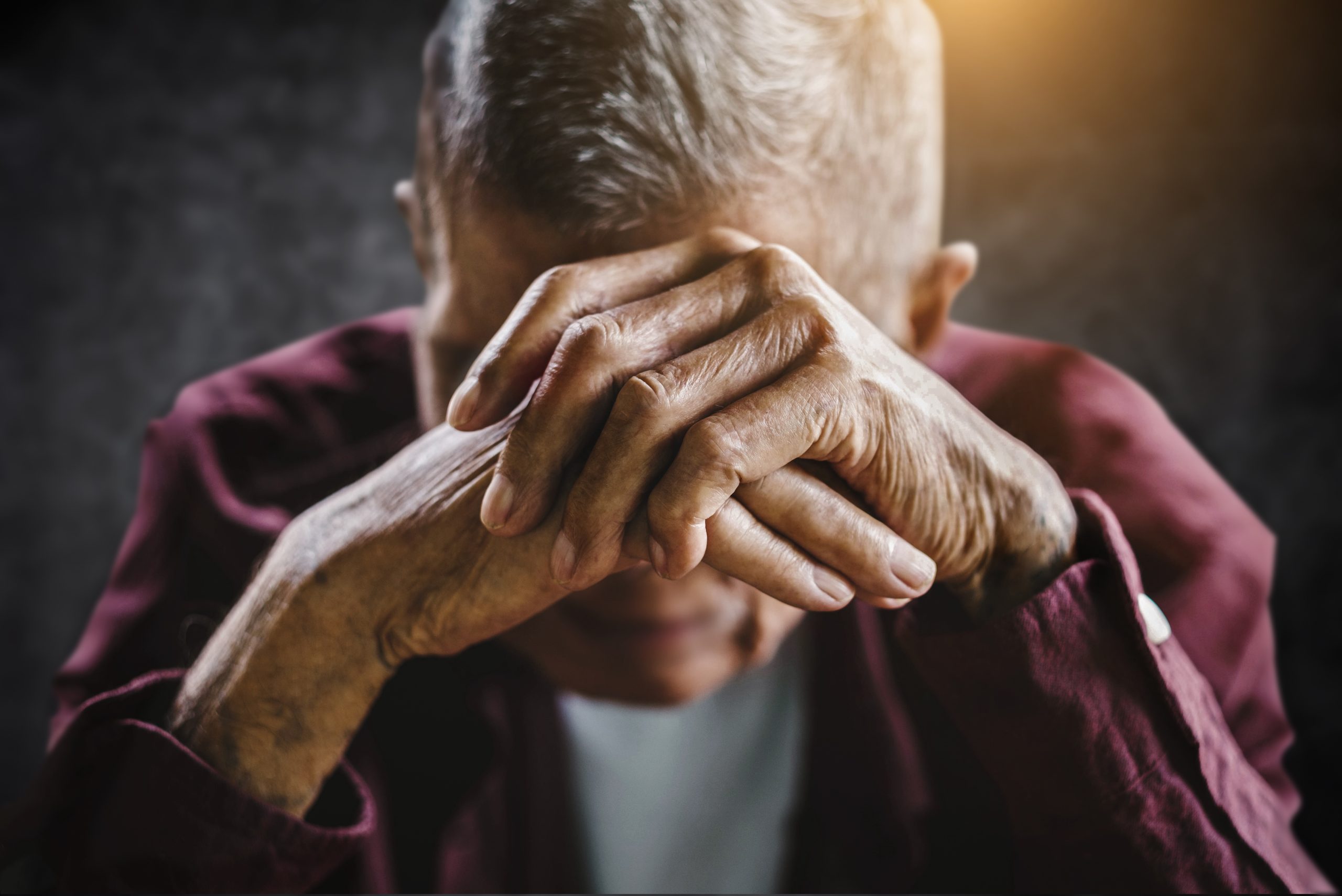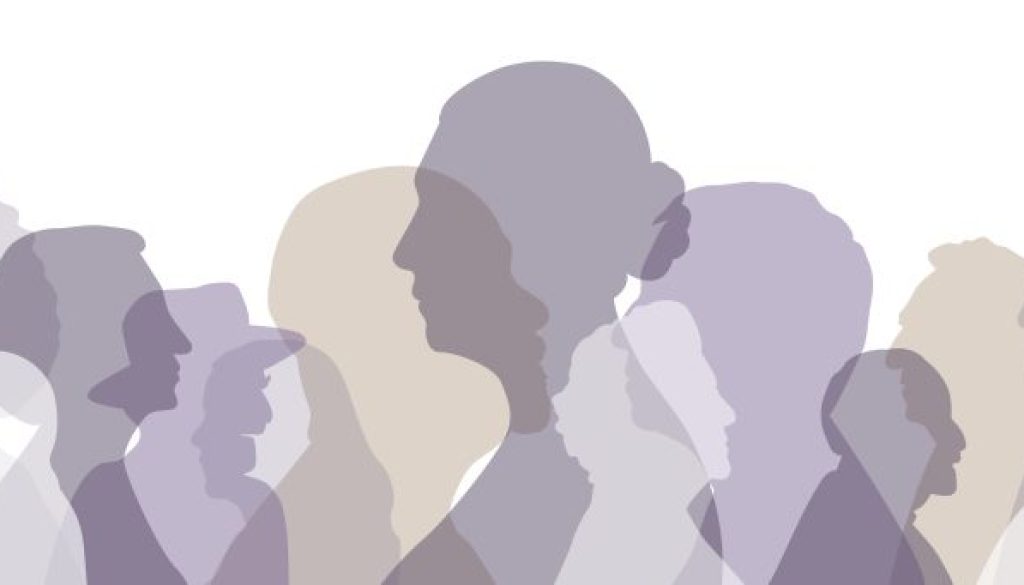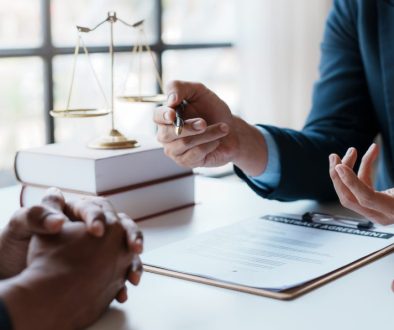National Legal Center is committed to promoting senior wellness and preventing elder abuse. World Elder Abuse Awareness Day (WEAAD) on June 15th is a global event that sheds light on the problem of elder abuse and seeks to protect seniors from all forms of mistreatment.
Raising awareness around this issue can help prevent financial exploitation, physical violence, neglect, psychological abuse, and other forms of maltreatment faced by elderly individuals worldwide.
Older generations are already facing financial hardship due to age-related medical bills and other expenses. These harmed humans are why our mission includes advocating for seniors in financial distress. We assist with debt-related legal issues, homestead property rights, debt collection scams, and more.

Types of elder abuse
Financial exploitation
Domestic and sexual violence
Physical violence and neglect
Starvation and mistreatment
Psychological abuse
Know the signs of abuse.
It’s important to be aware of the signs of elder abuse, ranging from physical injuries, emotional distress, financial irregularities, and more.
For example, physical signs may include bruises or other marks on the body. Emotional signs might include fearfulness or withdrawal in the presence of certain people. Financial irregularity could manifest in sudden changes to an elder’s financial situation, such as large withdrawals from a bank account or suspicious changes in wills, power of attorney documents, and/or other legal documents.
Harm happens fast, so it’s important to watch for warning signs and act quickly if you suspect that your loved one is being abused in any way.
Hurdles preventing help
Older Americans or seniors in an abusive situation may be unable to ask for help because of fear, confusion, or embarrassment. Those around them may not be aware of the signs of abuse or might not realize that help is available. There may also be social and cultural barriers that prevent seniors from seeking assistance.
Unable to advocate for themselves
When older adults begin to lose their capacities, they may begin to lose awareness. It may be up to a family member or friend to help the person gain a better understanding of what they’re facing and how to prevent it.
Shamed into silence
Abusers may shame victims into silence, leaving older victims to fear the loss of shelter or other things that affect their safety and health. Fear is a powerful motivator, and someone who is threatened with losing their core physical or emotional needs met may be influenced to stay quiet.
6 out of 10 elder abusers are relatives… but that’s not the whole story.
Based on information compiled by the National Council on Aging, 6 of 10 elder abusers are relatives. However, they also reported that as few as 1 in 24 cases of elder abuse are ever reported, which makes these numbers difficult to make a real inference.
Since the numbers don’t paint a clear picture, what’s the whole story?
We must collectively watch over the elders of our community and older person in our family, whether they live with family, in a long-term facility, or on their own.
Limited access to technology
Not everyone uses cell phones or the internet. Not only do older people tend to be less likely to use new technology, the long-term care facility they live in may not provide access.

How does a person make an elder abuse report?
If you or someone else is in immediate danger, call 911.
If you suspect elder abuse, the first step is to contact the authorities. Depending on your location, you may need to contact Adult Protective Services (APS), local law enforcement, or a state elder abuse hotline.
If you suspect an elder is being financially exploited, you should contact your local police department and/or your state’s Department of Financial Regulation for assistance in filing a complaint.
You can also find state-specific resources from the NCEA.
Additional resources
The International Network for the Prevention of Elder Abuse and the World Health Organization launched World Elder Abuse Awareness Day to raise awareness about elder abuse and establish victim services. Here are additional resources that may support an elderly person facing an abusive situation.
National Domestic Violence Hotline 800-799-SAFE (7233)
Department of Health and Human Services
If financial abuse has left you or your loved one with debt trouble, National Legal Center provides affordable representation to navigate debt without filing for bankruptcy.
Schedule a Free Debt Consultation with National Legal Center
Complete this form to schedule your free consultation.




